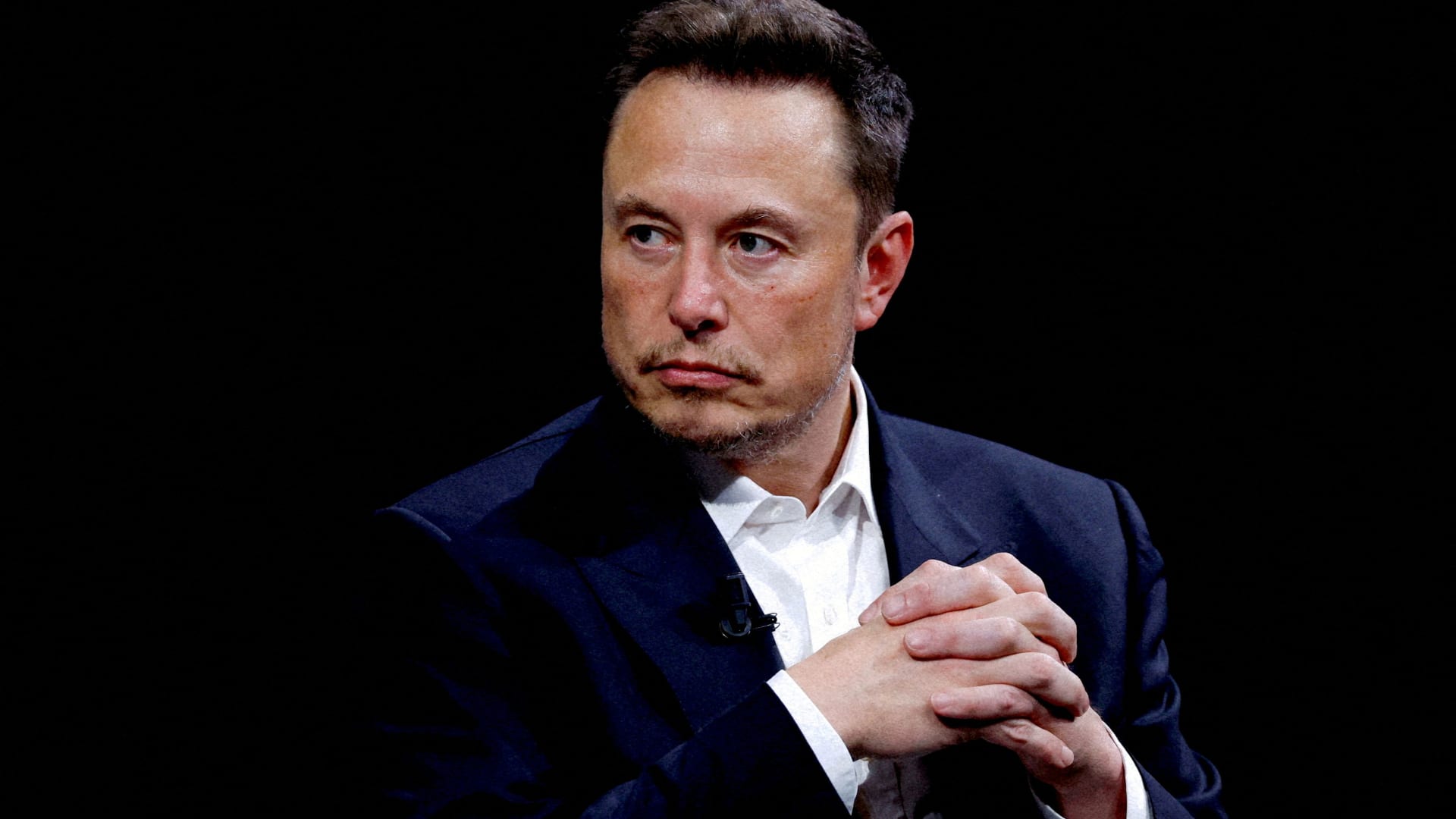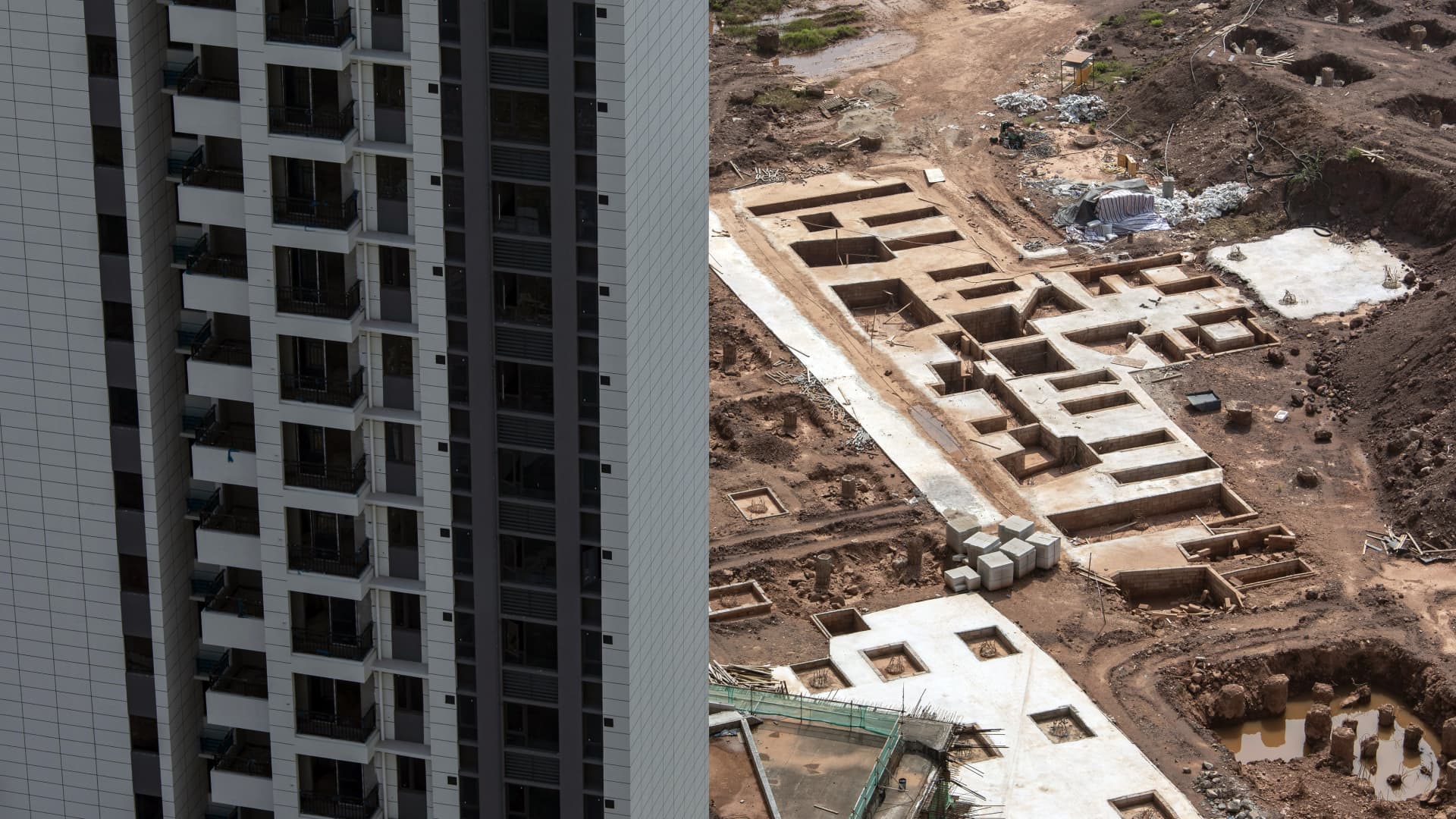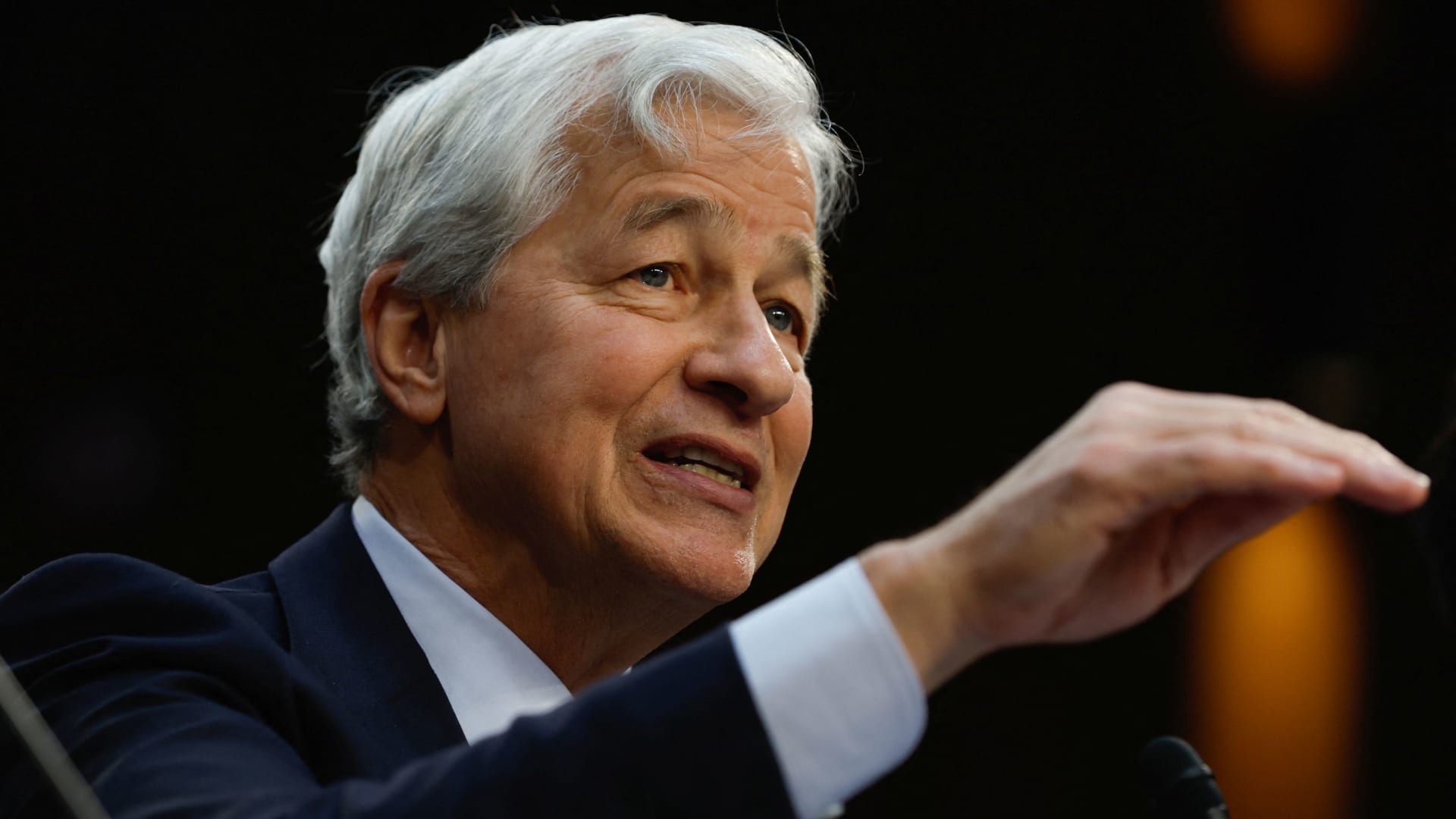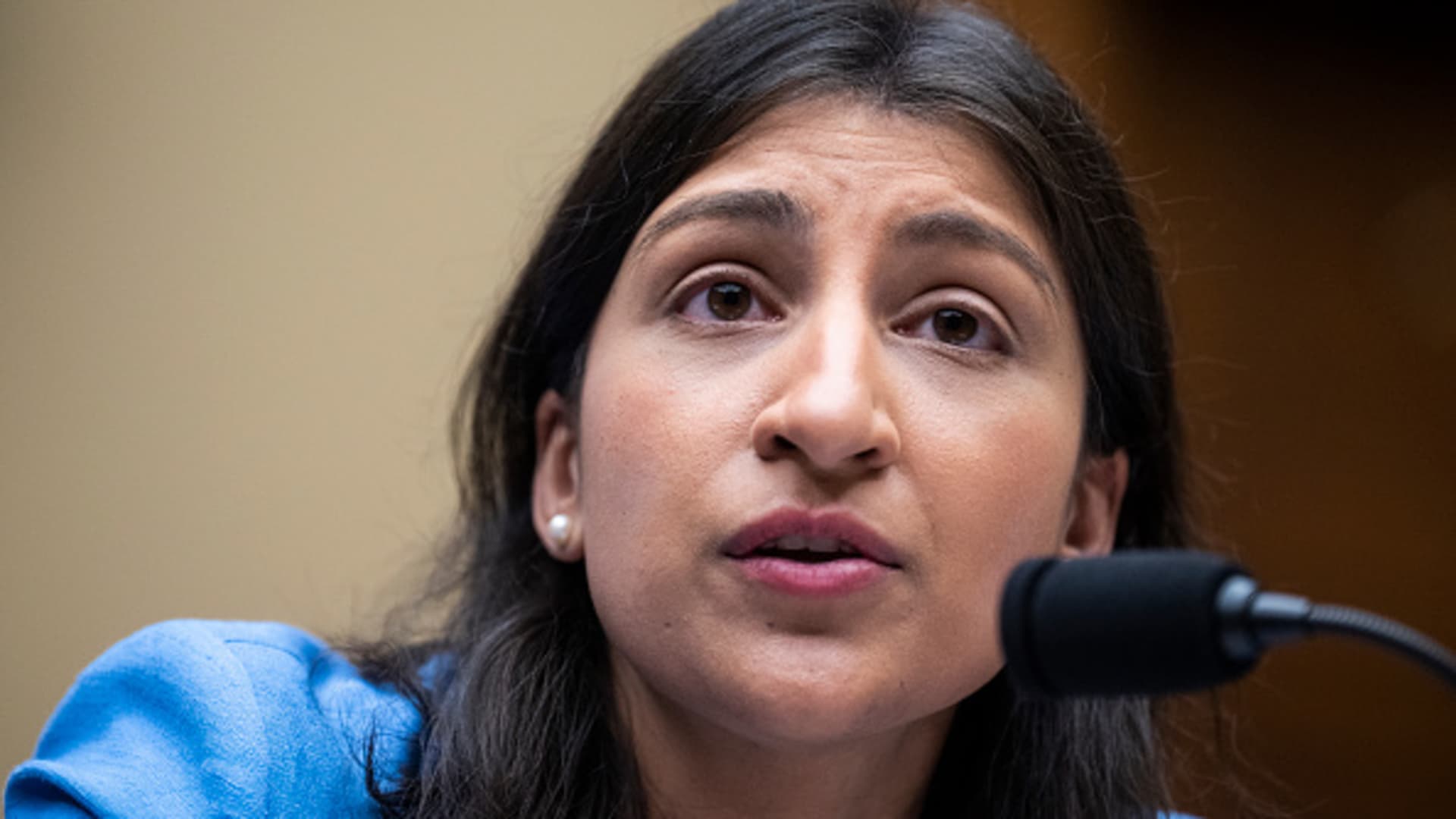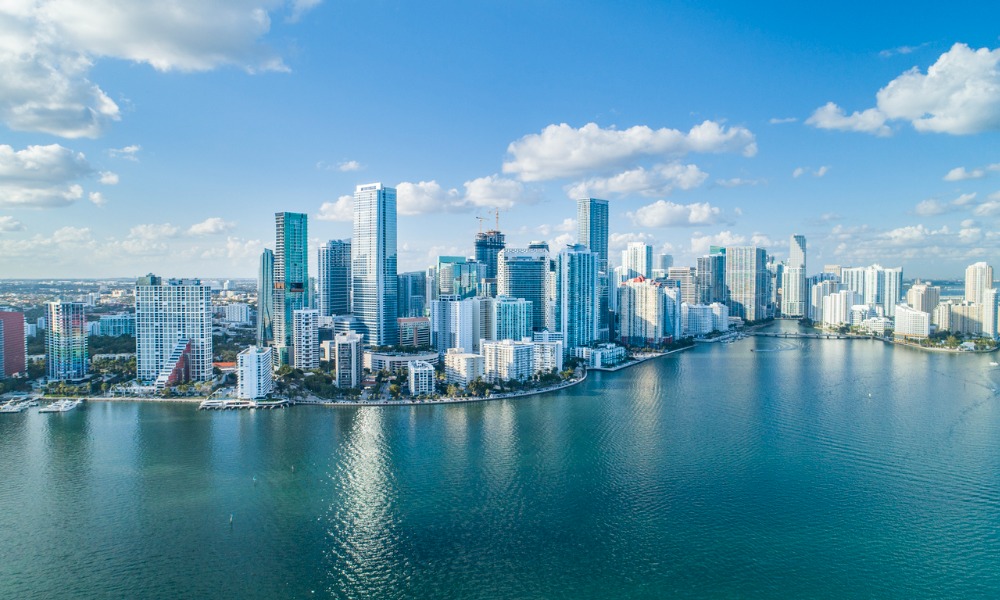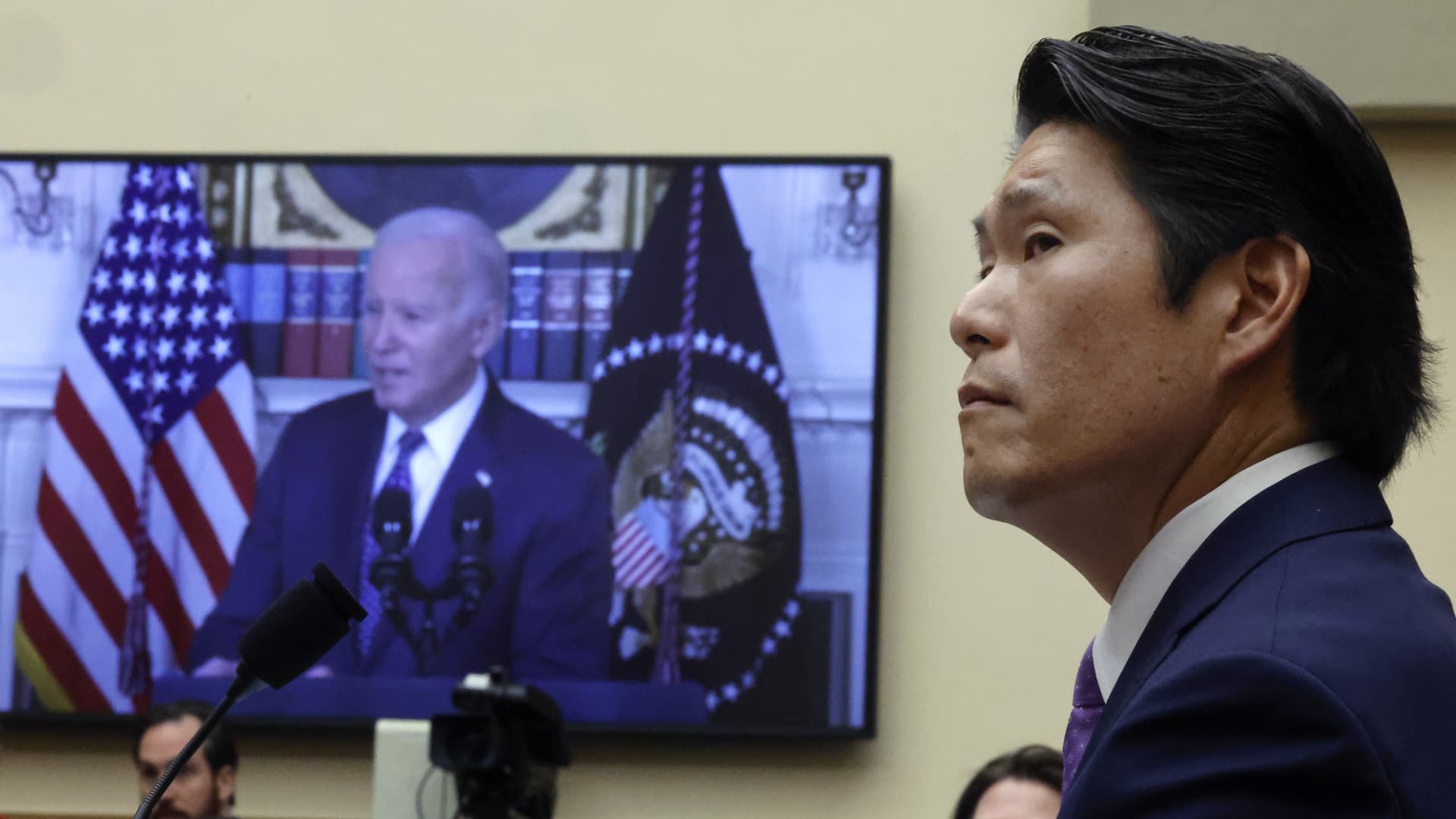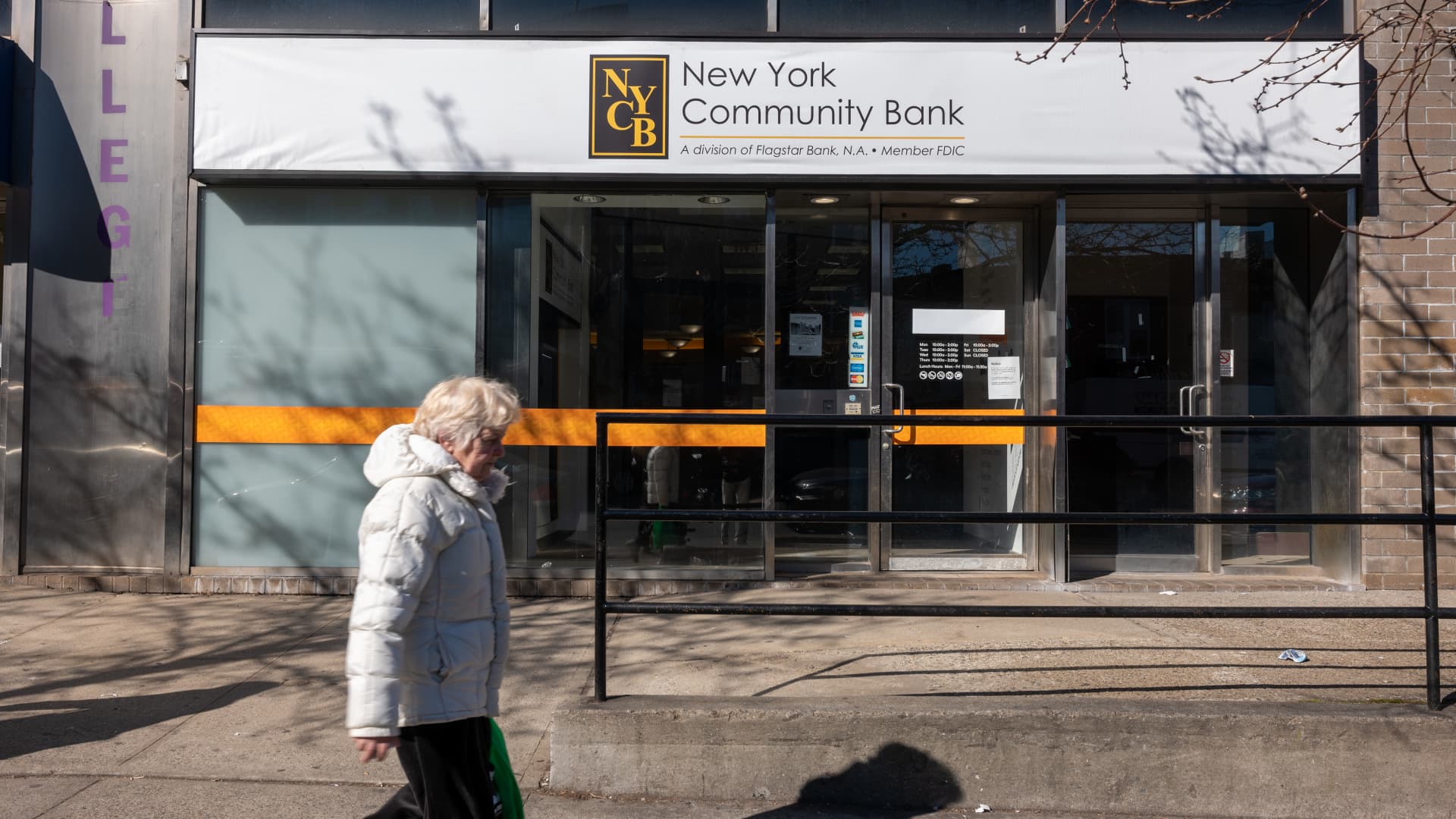Neel Kashkari, President and CEO of the Federal Reserve Bank of Minneapolis, during an interview in New York on November 7, 2023.
Victor J. Blue | Bloomberg | Getty Images
Neel Kashkari, president of the Minneapolis Federal Reserve, said Monday that interest rates, which are at their highest level in about 23 years, are not hurting the economy and could buy policymakers more time before deciding whether to cut them.
In an essay posted on the central bank’s website, Kashkari said economic developments showed that Fed policy was not as restrictive to growth as it first appears.
This means that the longer-term “neutral” interest rate, i.e. the level that is neither restrictive nor stimulative, is likely higher than before the Covid-19 pandemic.
Essentially, what looked like restrictive monetary policy given the history of the last 15 years or so no longer looks that way, meaning nominal interest rates could stay higher for longer without hurting the economy.
“This set of data suggests to me that the current stance of monetary policy … may not be as tight as we would have assumed given the low neutral interest rate environment before the pandemic,” Kashkari wrote.
The implications are important as the Fed considers when to start, how much to cut rates and how quickly to do so to return to a neutral stance. Markets have been betting on an aggressive move lower, but recent statements from central bank officials suggest there is no need to rush.
“At least during the post-pandemic recovery period, it is possible that political stances favoring neutrality have increased,” wrote Kashkari, a non-voting member of the Federal Reserve’s interest rate-setting Federal Open Market Committee this year. “The effect of this, in my view, is to give the Federal Open Market Committee (FOMC) time to assess the coming economic data before it begins cutting interest rates, and to reduce the risk that too restrictive policies will derail the economic recovery .”
Kashkari’s comments echo those of Federal Reserve Chairman Jerome Powell in recent days.
During his post-meeting press conference last Wednesday and in an interview that aired Sunday night with CBS’ “60 Minutes,” Powell reiterated that a March cut was unlikely and agreed with the FOMC’s December forecast of the cuts by three quarters of a percentage point this year.
More specifically to Kashkari’s argument, Powell noted that the negative impact he feared from the Fed’s series of rate hikes had not materialized. In a tightening cycle that lasted from March 2022 to July 2023, the Fed raised its federal funds rate eleven times by 5.25 percentage points.
“It really didn’t happen. The economy continued to grow strongly. “A lot of jobs have been created,” he said on “60 Minutes.” “The kind of pain that I and so many others were worried about, we didn’t have.”
Despite widespread expectations of a recession, the U.S. economy, as measured by gross domestic product, grew 2.5% on an annual basis in 2023. Employment growth has remained strong while inflation measures have eased.
Kashkari pointed to a variety of such data to show that the Fed’s rate hikes have not hurt growth, leading to his conclusion that the neutral rate is likely higher than the 0.5% commonly estimated by Fed officials.
There is no official “neutral interest rate,” and officials often emphasize that it can only be estimated, never observed. Some policymakers like to use the federal funds rate minus inflation as neutral. Kashkari prefers this 10-year TIPS yield, which is currently about 1.82%. He notes that it has increased since last year, but only slightly.
At the same time, corporate investments and major purchases have increased, while the number of residential properties has at least weakened.
“This data makes me wonder how much downward pressure monetary policy is currently putting on demand,” Kashkari said.
However, he noted that the data was not “clearly positive” and he would examine items such as loan and credit card delinquencies for evidence of economic stress.
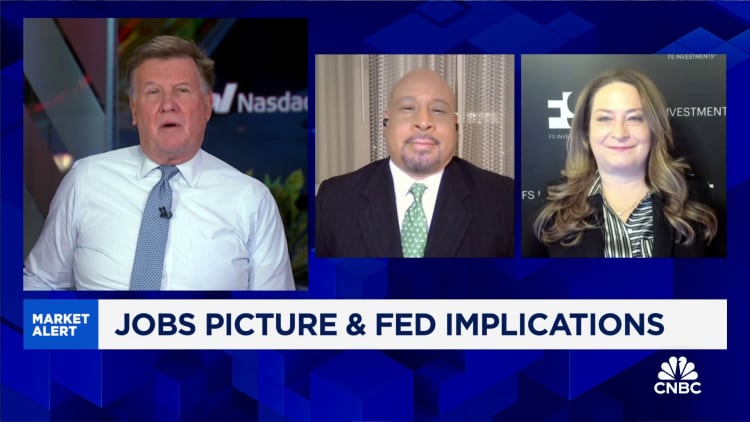
Don’t miss these stories from CNBC PRO:
Source link
2024-02-05 16:54:29
www.cnbc.com

